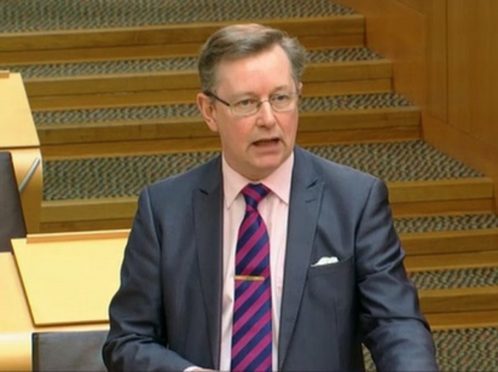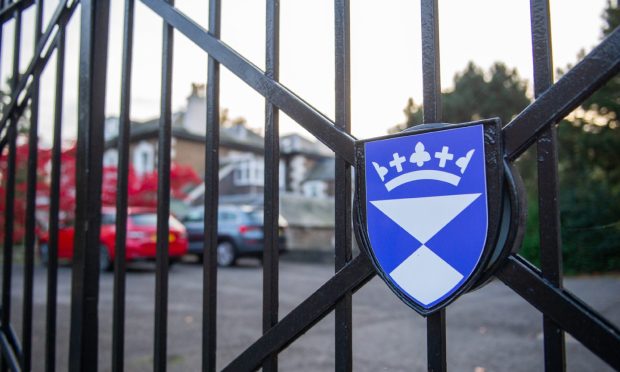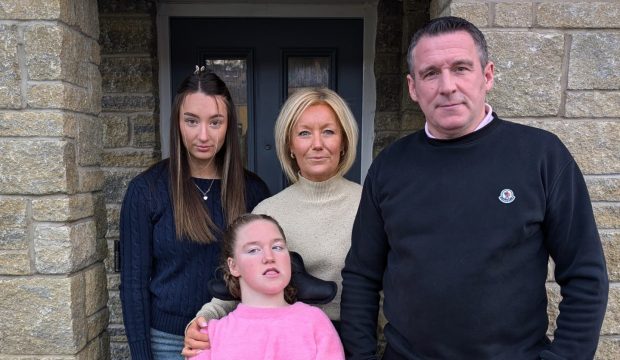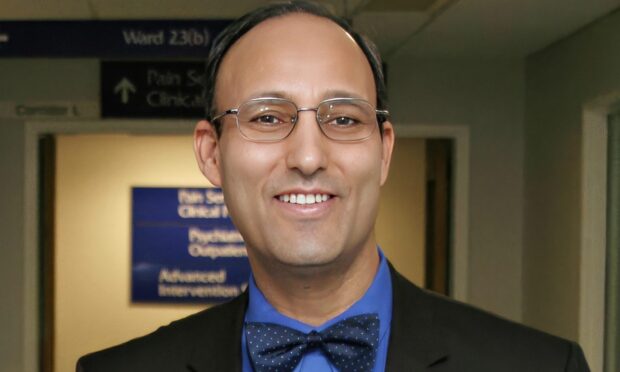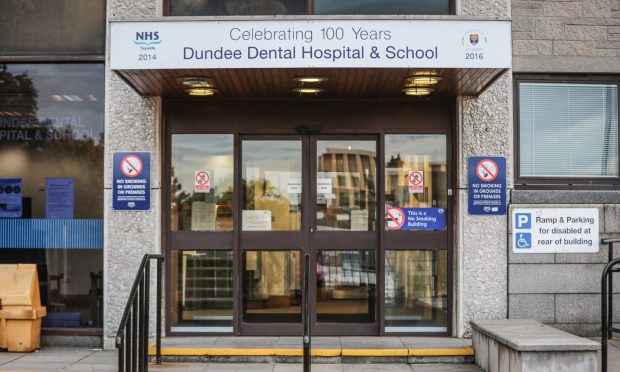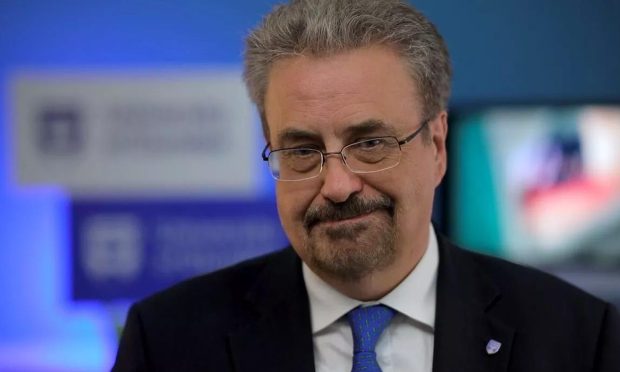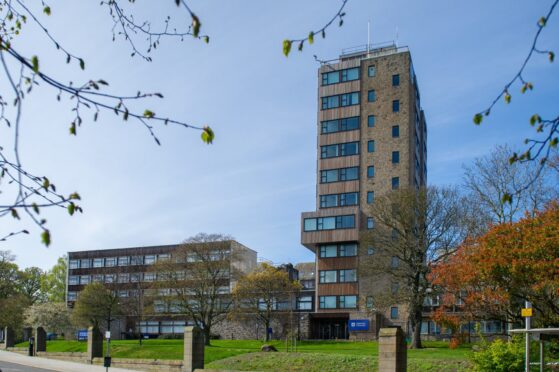Taxpayers were forced to plug the hole in council finances so local services could cope with slashed budgets, says Scotland’s spending watchdog.
All local authorities in Tayside and Fife raised their levy on householders in 2017-18, with those in the biggest homes paying an extra £545.
An Accounts Commission report for that year said councils’ main funding source was “again reduced in real terms” – a 2.3% reduction amounting to about £200 million.
The analysis published on Thursday said: “The reduction was largely offset by increases in council tax and councils’ fee income, with most councils applying the maximum 3% increase to council tax.”
Nationally, the taxpayer stumped up an extra £189m, not including the extra financial burden of higher charges for parking and other services.
Spending increases on education and social work were achievable thanks to cuts in other services, the report said.
Graham Sharp, chairman of the Accounts Commission, said: “Councils did a good job last year in managing resources as budgets are tightened and demands on them rise.
“The position varies from council to council but there is clearly need for continuing change in the way services are provided.
“It’s not been easy but the pressure on them – and the key services we all rely on – shows no signs of easing.”
Alexander Stewart, the Tory MSP in Perthshire, said: “This report shows in very clear terms that following SNP government funding cuts, council tax payers have been forced to step in and pick up the slack.”
James Kelly, for Scottish Labour, said councils were forced to dip into reserves.
>> Keep up to date with the latest news with The Courier newsletter
“That is unacceptable – and councils are already warning this situation is likely to get much worse this year,” he added.
Scottish Liberal Democrat leader Willie Rennie said: “Councils have been hiking up council tax and that’s because they don’t have enough to get by.”
A Scottish Government spokesman said: “Despite continued UK Government real terms cuts to Scotland’s resource budget, we have treated local government very fairly – and in the current financial year councils received a real terms boost in both revenue and capital funding.”
